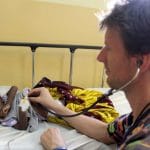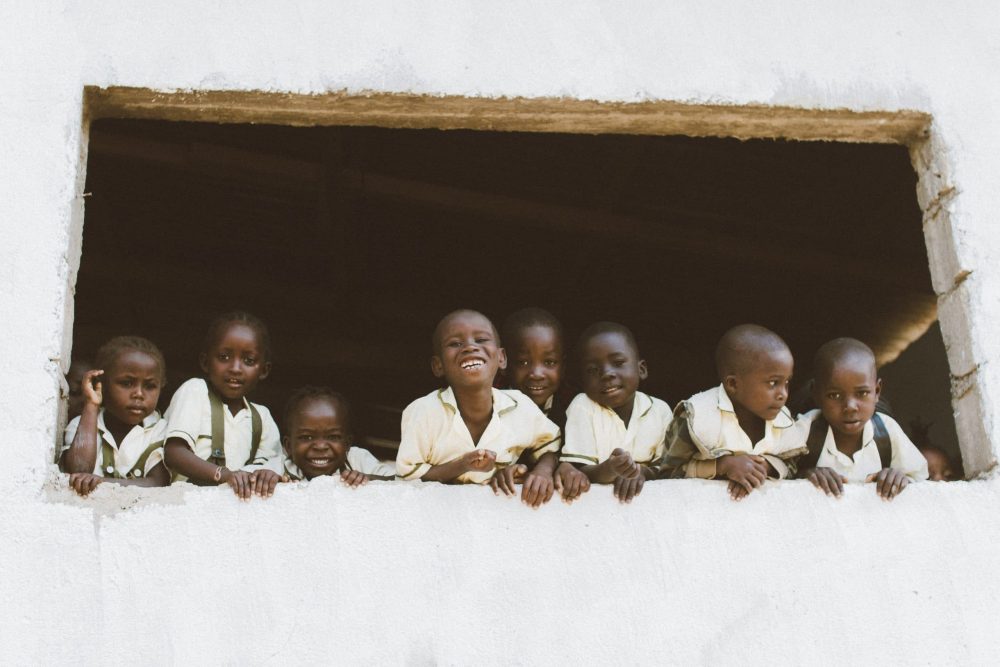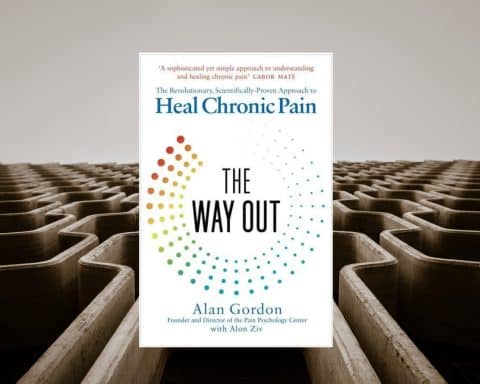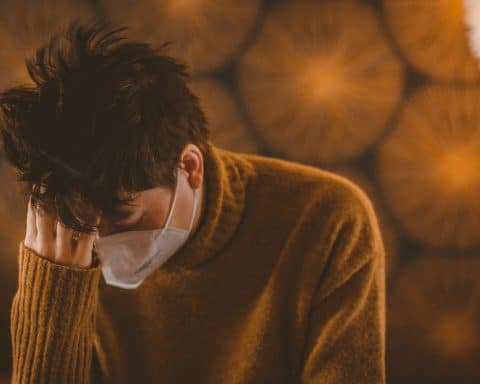 Michael Bryant is a GP from South Wales and the medical director of the Eternal Love Winning Africa (ELWA) hospital in Liberia.
Michael Bryant is a GP from South Wales and the medical director of the Eternal Love Winning Africa (ELWA) hospital in Liberia.
Shakespeare once said, ‘all the world’s a stage, and all the men and women merely players’.1 This phrase has rung true throughout 2020 as I’ve juggled my role as an out-of-hours telemedicine doctor with my ‘other job’ (the entirely unpaid, 80 hours a week role) as the medical director of ELWA hospital in Liberia, a charity-run hospital in one of the world’s most resource deprived countries.
Every day is a stream of children in extremis; tiny malnourished fingers reaching for packets of plumpynut, comatose toddlers held by mothers praying for renewed life to reach their eyes, neonates who arrived too soon to survive without the ventilators so emblematic of 2020.
The team fight hard to save as many as possible, but most weeks we lose at least a couple. I dress in my best paediatrician scrubs and do my best to play the part — as a GP with a specialist interest I’m the closest ELWA has.
Each layer of PPE donned carries an Ebola memory for our staff, their sweat haunted by ghosts of risk.
The Royal College of Paediatrics and Child Health recently wrote a statement° on the dangers of delayed healthcare seeking behaviour for children, which could have easily been written about West Africa. Our child mortality outcomes suffered in April and May as scared parents only came to the hospital as an absolute last resort.
Then comes the ultimate costume change — full PPE for the respiratory ward. It has to be this way around, we daren’t carry COVID-19 back to a malnutrition ward full of HIV-positive mothers.
Each layer of PPE donned carries an Ebola memory for our staff, their sweat haunted by ghosts of risk. Where my role in the NHS is primarily referring suspected COVID-19 patients to hospitals, here I reflect on the injustice of being the lead in key secondary care for these patients.
They deserve a fully staffed intensive care unit with intense monitoring, respiratory support, and regular blood gases. Here we only have one cardiac monitor, oxygen bottles on a good day, and a few shaky pulse oximeters.
Every day I walk around adjusting medication and turning up oxygen in hope, sometimes simply holding alarmingly conscious patients’ hands as they slip away.
And the hardest part of all, the hospital policy decisions. Knowing that we are one of the few functioning hospitals serving a country of close to 5 million people so we cannot become a ‘designated COVID-19 centre’ or we will lose our ability to do emergency surgery, care for HIV patients, safely deliver babies, and rescue malnourished children. But being one of the only hospitals with an oxygen supply we can’t just turn away gasping COVID-19 patients.
In Liberia, if people have to stay at home, they can’t buy and sell, and then their children don’t get fed.
Taking a cue from my colleagues from Wales, we’ve sliced the hospital in two. Normal half and respiratory half, separated by a grand canyon of hazard tape and red ‘PPE zone’ signs. Two staff groups, separated by a hasty moment of volunteer’s courage and not a little stigma. For now it’s working and ELWA remains alive and open.
Even more challenging are the decisions at government level. With a budget smaller than most clinical commissioning groups, how do you support an already critically strained healthcare system in establishing isolation areas for the most critical patients? How best to organise testing when there are so few test kits available? How to run a contact tracing strategy in a society where everyone meets everyone 24/7 in the churches and marketplaces?
The buzzwords now eerily evocative of COVID-19 hold terror for people in Liberia. Lockdown in Wales means potential job losses and challenges keeping children educated. In Liberia, if people have to stay at home, they can’t buy and sell, and then their children don’t get fed.
The government wisely pulled back from the lockdown strategy when our malnutrition programme became overrun after just a fortnight. Quarantining the limited pool of health workers every time they have a COVID-19 exposure means that no one will deliver your baby, save your child from malaria, or take out your appendix.
The government wisely pulled back from the lockdown strategy when our malnutrition programme became overrun after just a fortnight.
In Wales, we have the NHS and we have systems to trace spread. More importantly we have media through which to share information with a populace genuinely interested in learning about the condition.
Here in Liberia, most of our patients gather information by chatting to friends and religious leaders. Concepts commonly discussed on Western social media such as ‘flattening the curve’ and ‘self-isolation’ don’t get a mention, replaced instead by a narrative dominated by fears of the last virus to rip through Liberia’s districts — Ebola.
The recent outbreak left hospitals with PPE, handwashing stations, and an understanding of donning and doffing procedures. Much of this has simply been re-activated in the last 12 months, with some unintended negative consequences. Many hospitals simply shut down, with staff understandably unable to face old fears.
ELWA’s respiratory ward is blessed with people who defeat fears every day, and here I put on my most important and genuine clothes; the closed mouth and attentive body language of a counsellor. Without the staff feeling supported, there will be no respiratory ward and no hospital. General practice has prepared me for this role best of all, in both countries a listening ear and desire to learn may yet be key to survival.
References
1. Shakespeare W. Mr. William Shakespeare’s Comedies, Histories, & Tragedies: Published According to the True Original Copies. London: Edward Blount and William and Isaac Jaggard, 1623.
Featured photo by Adrianna Van Groningen on Unsplash






